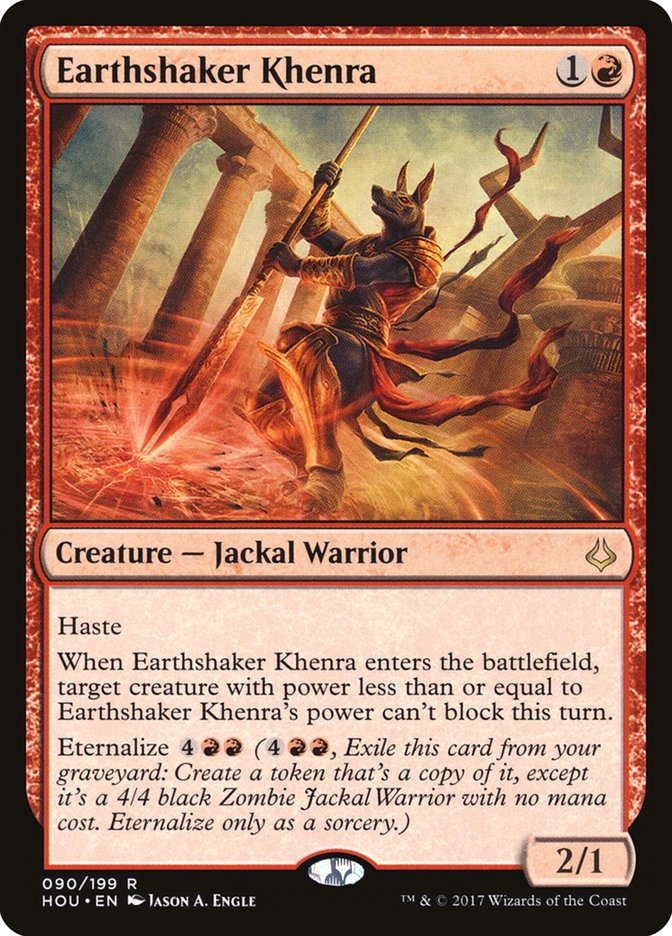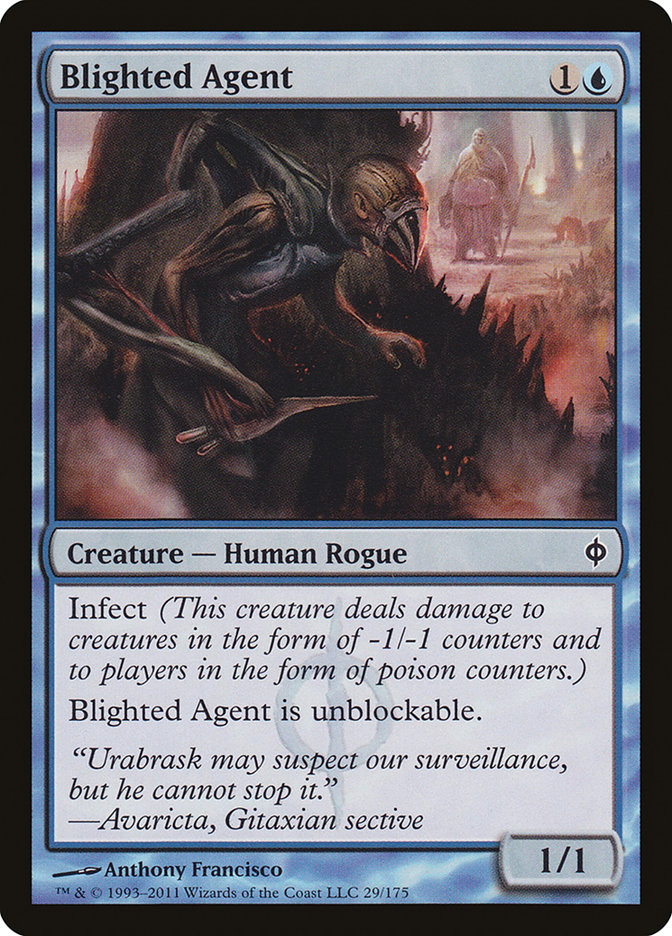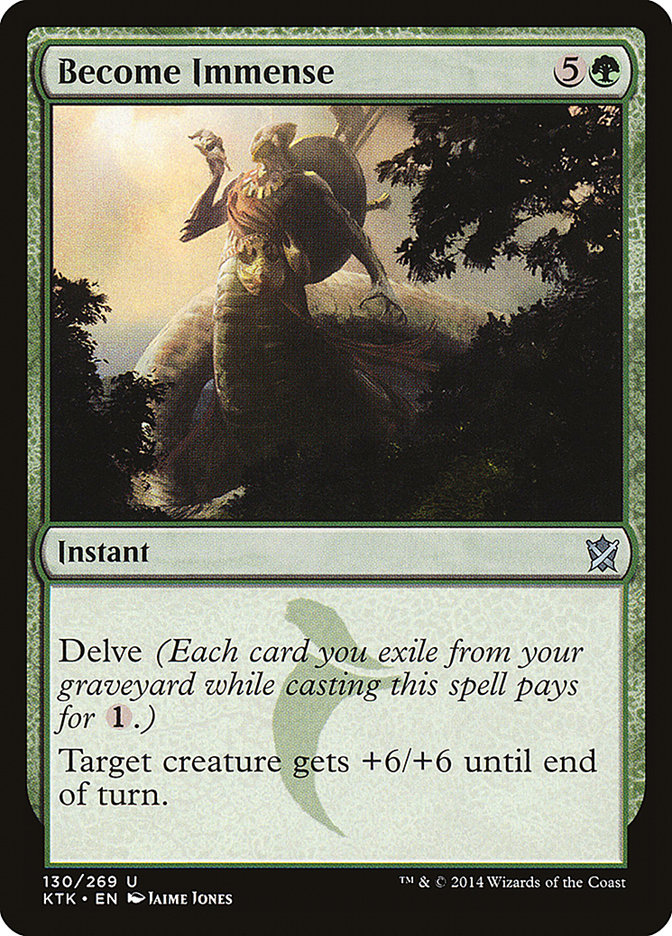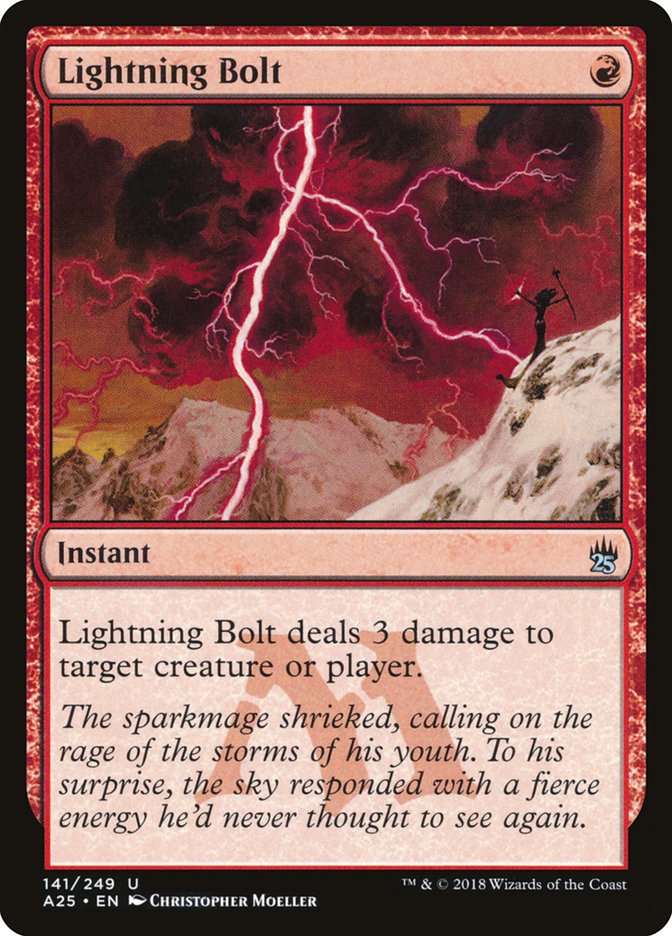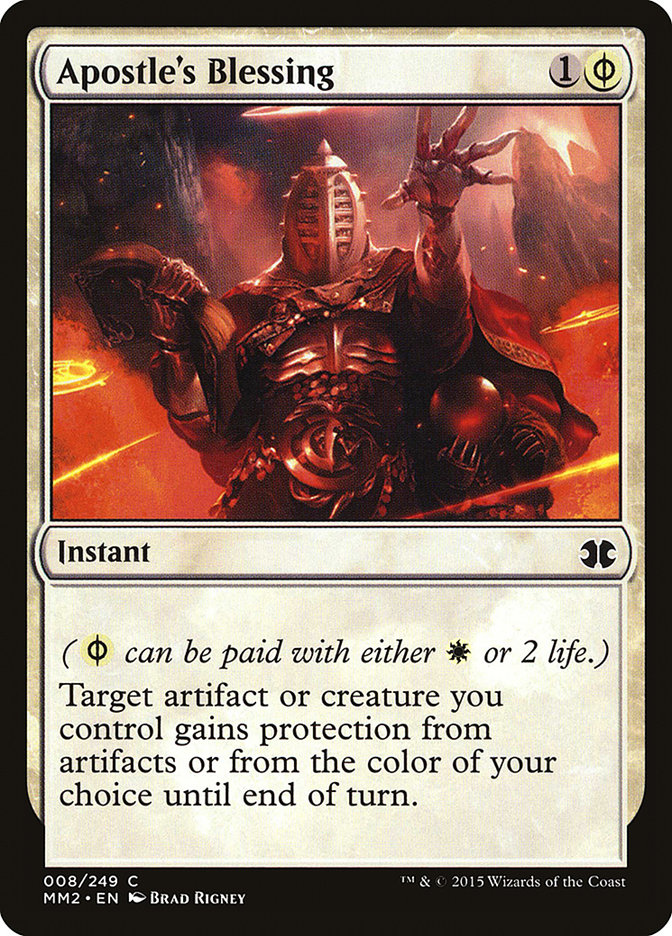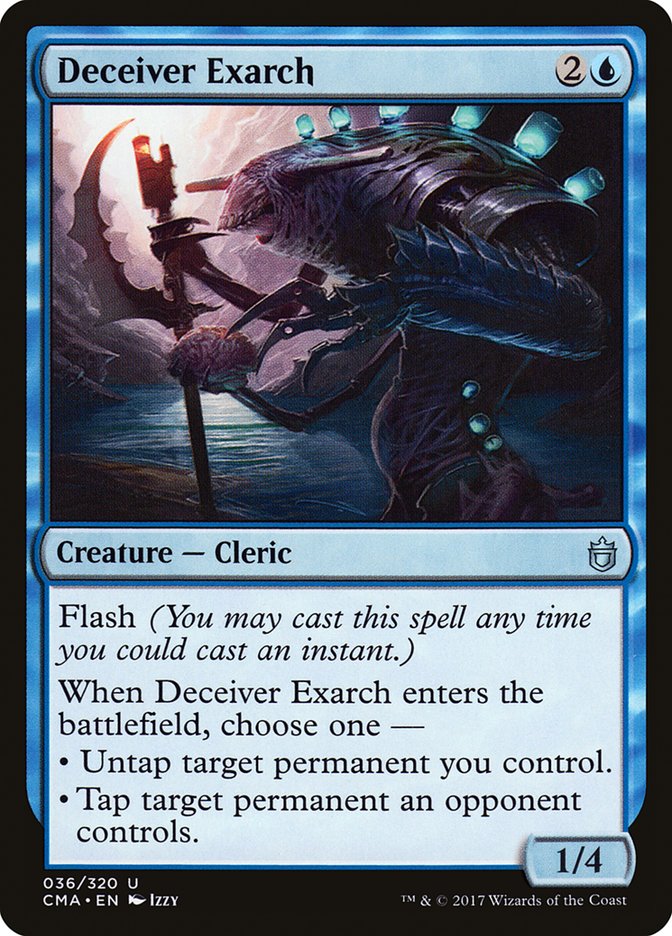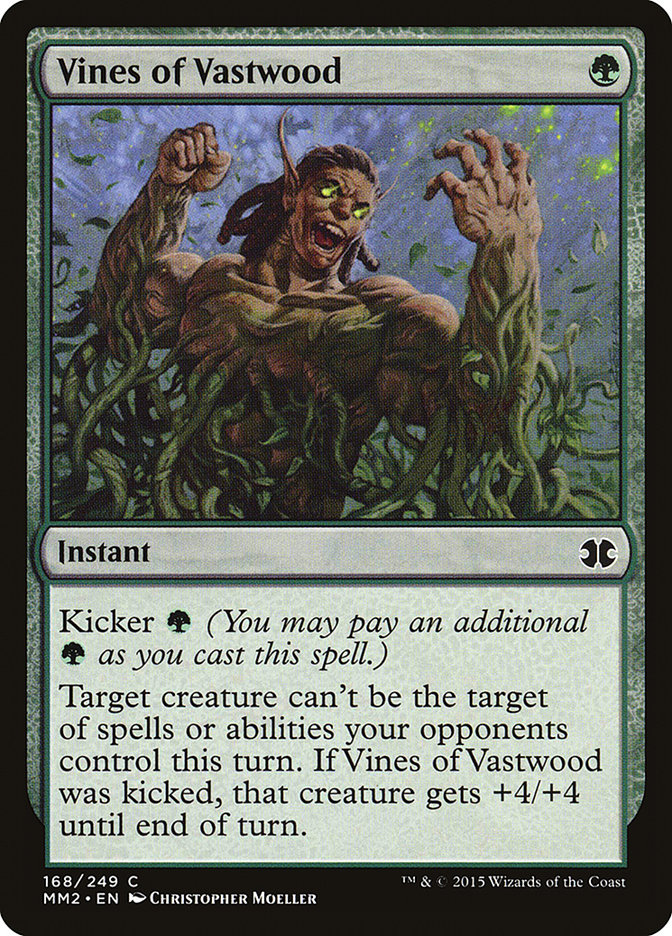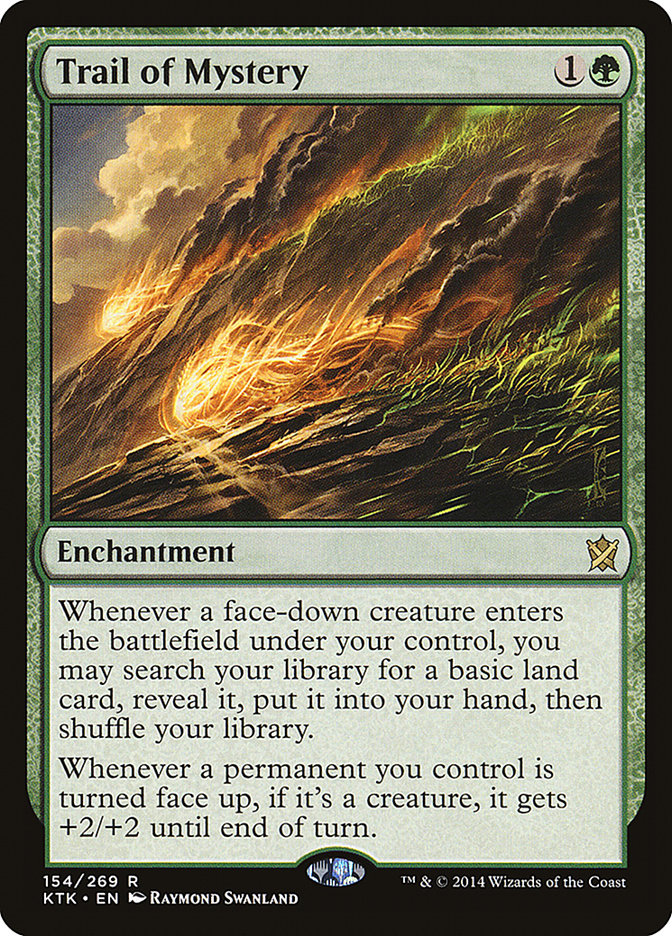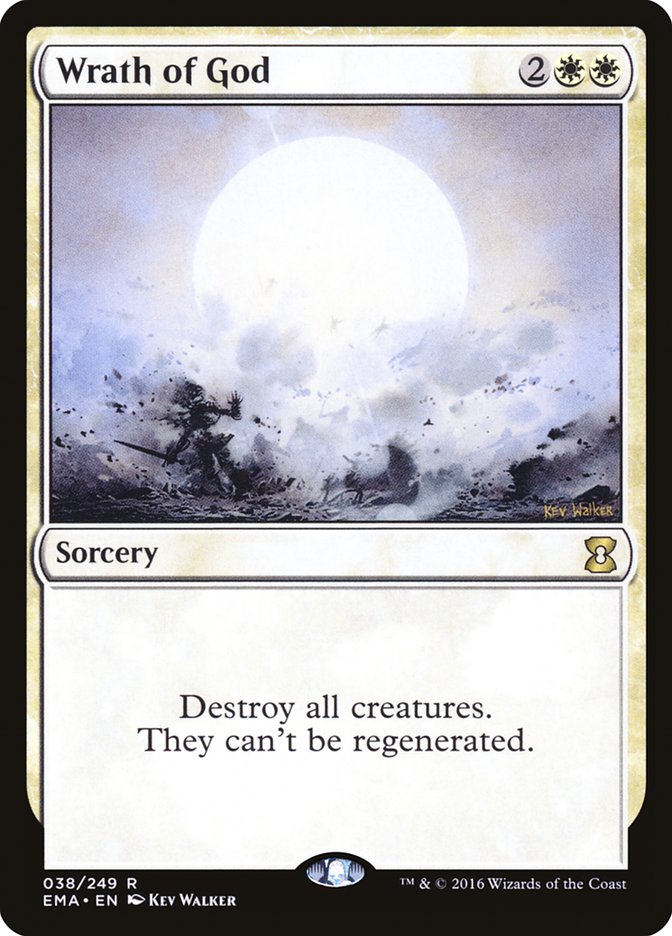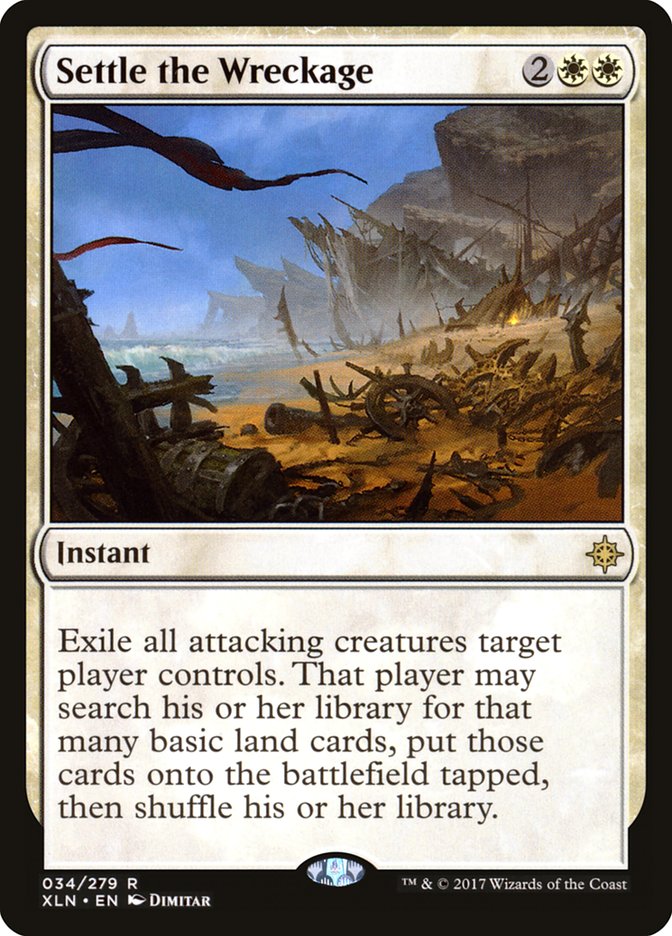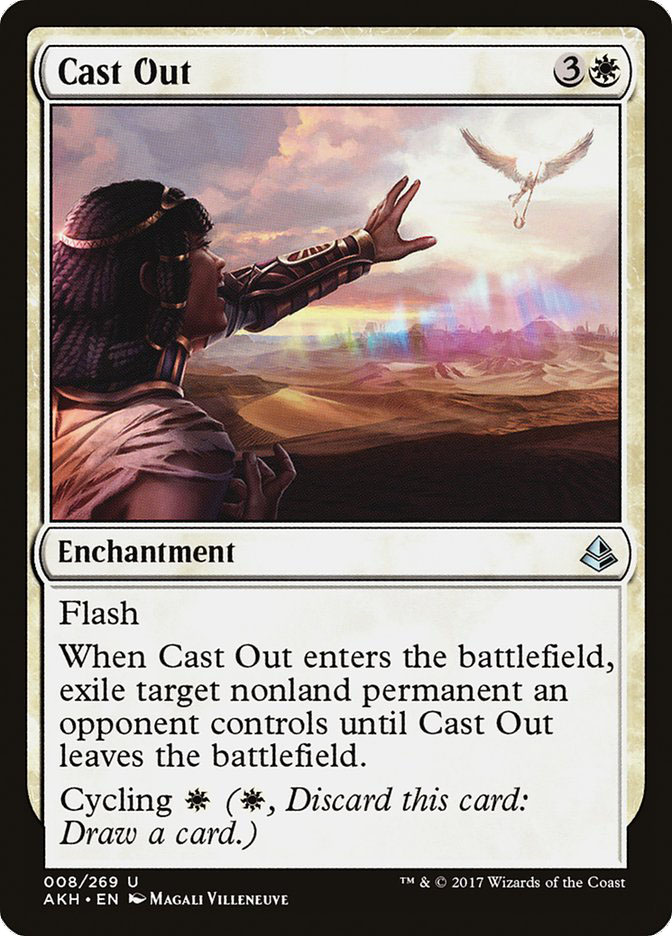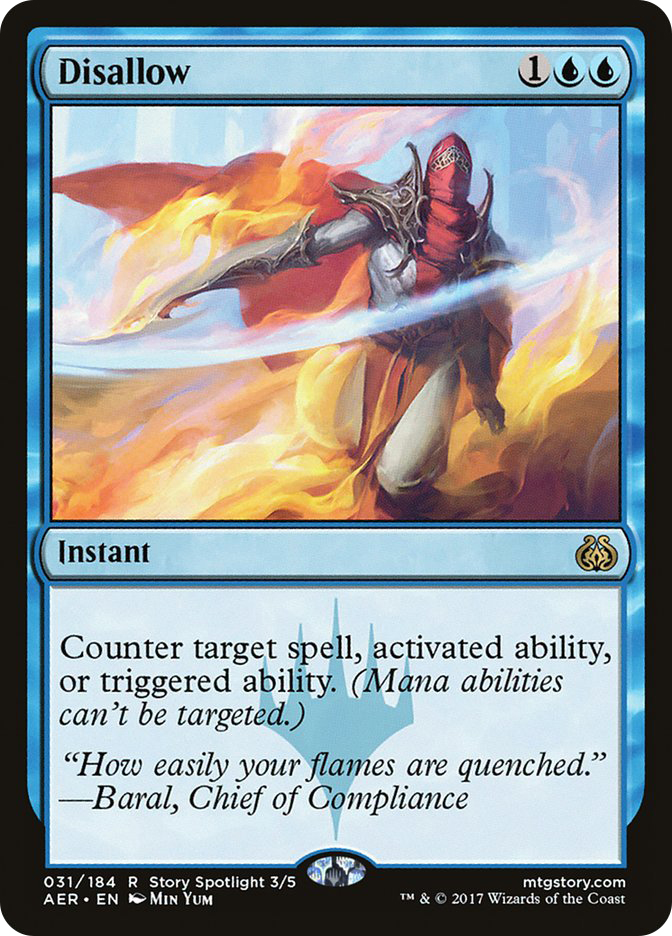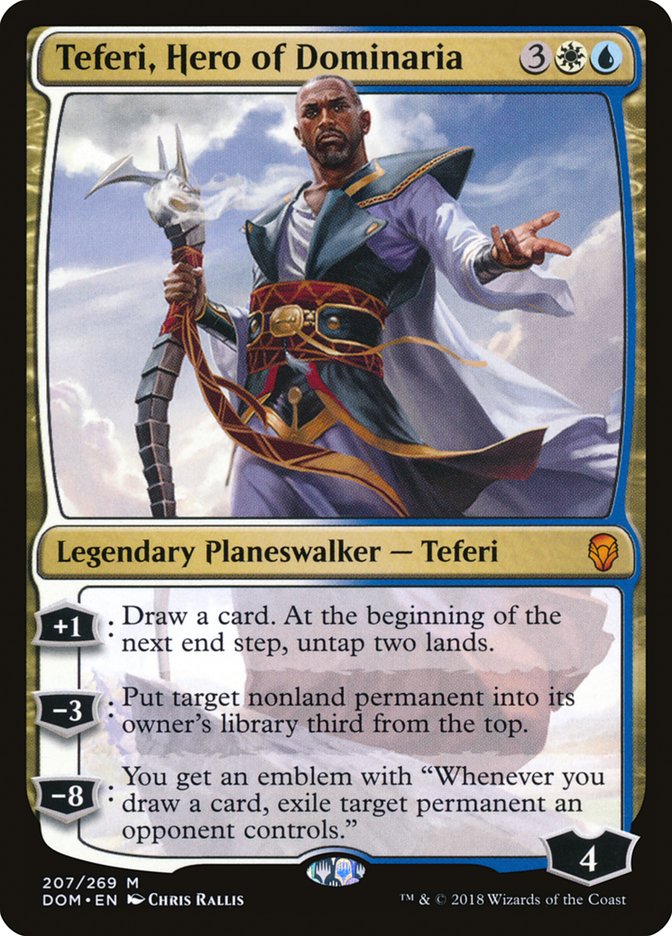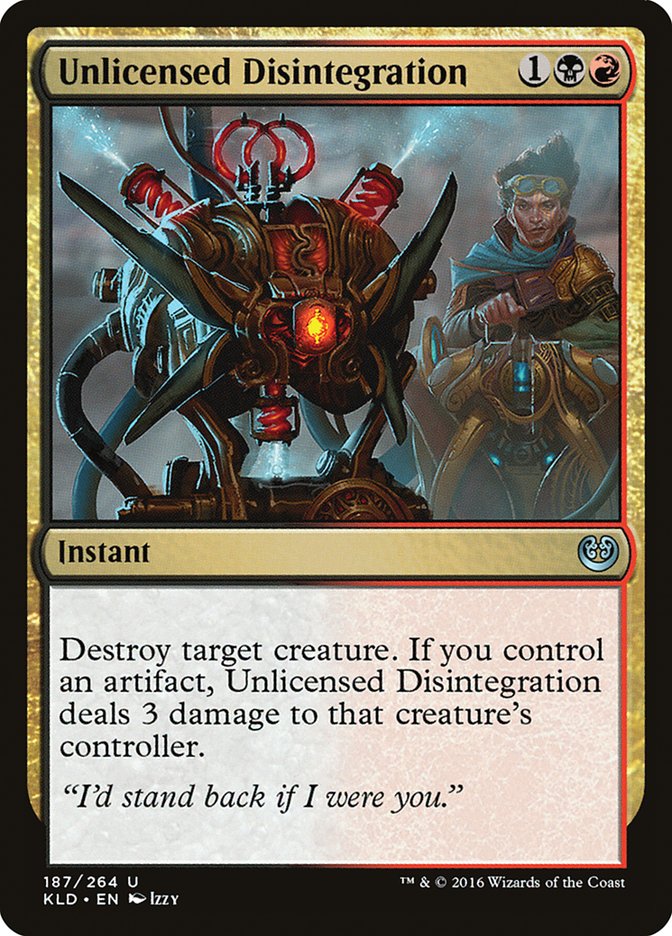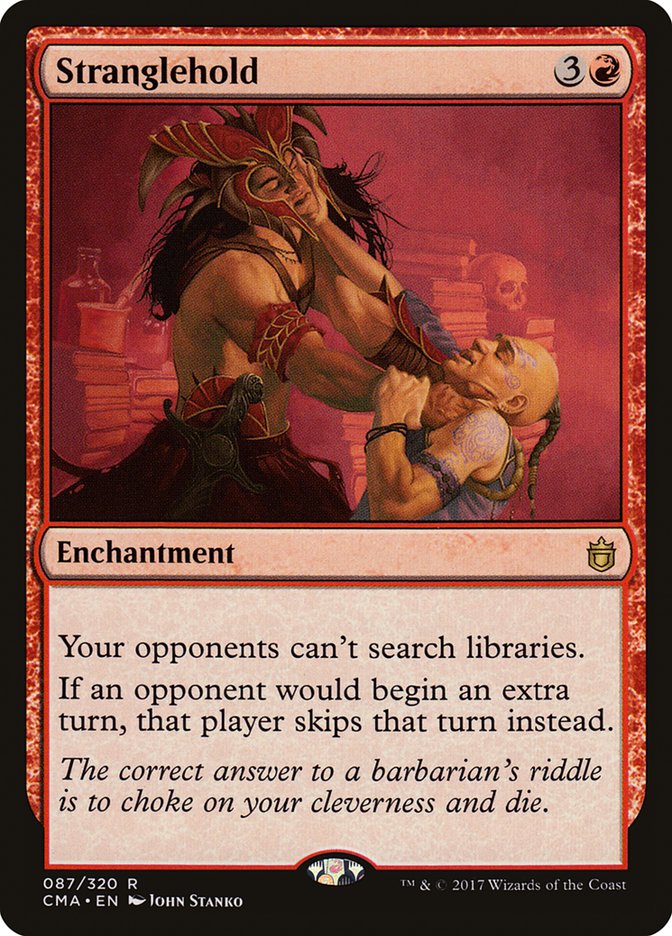Tempo is one of the most difficult terms in all of Magic to define. In spite of this, it’s used quite liberally when discussing games of Magic and card evaluations. People have tried all different means of defining tempo, but it can most be easily summed up like this: Tempo is a word used to describe the development of one’s resources on the battlefield.
Why is “tempo” used so frequently? Largely because every deck in Magic is trying to win at a different phase of the game, shifting the level of development various decks require in order to implement their primary strategies.
Tempo tells us almost everything we ever need to know about attacking a Magic matchup. Everything I just said can be extrapolated from “Who’s the Beatdown?” by Mike Flores. In the hypothetical Beatdown versus Control struggle, The Beatdown is planning to put The Control in a squeeze before it can get off the ground and convert that into a win.
Squeezes
Taking the theories outlined in “Who’s the Beatdown?” a step further involves figuring out how to beat decks in-game. Speaking in general terms, The Beatdown (as outlined in the aforementioned article) isn’t interested in spending as much time developing as The Control. At some point, The Beatdown will attempt to end the game before The Control is able to enact the proper countermeasures to prevent its own death.
This is the most basic example of a deck putting another in a squeeze. It isn’t always going to be about one’s life total, but we’ll start there.
Creatures (26)
- 4 Bomat Courier
- 2 Kari Zev, Skyship Raider
- 4 Hazoret the Fervent
- 2 Ahn-Crop Crasher
- 4 Soul-Scar Mage
- 2 Earthshaker Khenra
- 4 Ghitu Lavarunner
- 4 Goblin Chainwhirler
Lands (22)
- 22 Mountain
Spells (12)

Creatures (27)
- 4 Bomat Courier
- 4 Scrapheap Scrounger
- 3 Kari Zev, Skyship Raider
- 4 Hazoret the Fervent
- 4 Soul-Scar Mage
- 4 Rekindling Phoenix
- 4 Goblin Chainwhirler
Lands (5)
Spells (28)
- 19 Mountain
- 3 Shock
- 2 Lightning Strike
- 4 Abrade

Looking at both of these decks, it’s fairly easy to assume that Austin would be favored in a heads-up match: bigger cards, fewer cards that Goblin Chainwhirler embarrasses, and so on. In reality, Aaron Barich cites his favorable red matchups as the primary reason to play the deck.
Without any kind of hand disruption, effective blockers, or lifegain, it’s hard for either version of the deck to defend itself. This slides the advantage bar to the deck that’s more effective at applying pressure.
Identifying this point changes how one approaches the matchup and the squeeze that one wants to put their opponent under. Aaron can suss out what he’s supposed to be doing in the matchup by looking at the card quality in each deck; Austin has several cards that can accrue card advantage and go over the top of what creature decks are doing and Aaron… doesn’t.
Aaron is fighting on the life total front and Austin is fighting on the card advantage front. During the deckbuilding process, Aaron planted himself in the place that gave him the best advantage in the red mirrors and it paid off in a big way.
I alluded to it earlier, but life totals aren’t the only kind of squeeze one can create in a game of Magic. Watch this final turn in a game between Eric Hawkins and Todd Anderson from a few years ago:
Patrick Sullivan does a lot of the talking for me, but here’s an incredibly clear example of Todd putting a squeeze on Eric’s life total on the penultimate turn of the game. For those who can’t watch the video, here’s what matters:
The game has reached a point at which Eric Hawkins has a grip of cards in his hand and seven lands to Todd’s six cards and four lands.
Todd fires off a Become Immense for a single mana on his Blighted Agent.
Eric responds with a Snapcaster Mage / Lightning Bolt line on Blighted Agent.
Apostle’s Blessing the Blighted Agent.
Deceiver Exarch to tap the Blighted Agent.
Vines of Vastwood to stop it!
When all the dust has settled, Todd even has the single mana left over to pump Blighted Agent to a lethal size. The reason that Todd was able to put Eric in this type of squeeze was due to the fact that all of the cards in Todd’s hand were effectively one-mana spells. It wasn’t just the luck of the draw that this was the case:
Creatures (14)
Lands (21)
Spells (25)

During its heyday, Infect set up a fair few of its wins on the back of mana advantages that it could leverage throughout a game. When your deck is a just a pile of cards that punish players for trying to interact with you and for ignoring you, it’s important not to get out-answered by the opponent or be faster than the opponent when they don’t try to interact. Not losing the mana advantage is one of the most important aspects of this “Protect the Queen” strategy.
This isn’t to say that what Eric was doing was wrong. It’s just a prime example of The Beatdown versus The Control in action, and a resource other than cards or life total being the most important thing in a game.
Does this mean that The Beatdown is always going to be able to put The Control in a squeeze? Probably. Is it always going to be a strong enough squeeze to kill them? Obviously not. The Beatdown has windows of opportunity to do what it needs to do, and after that, things become near-impossible.
Windows
In Magic, we use “window of opportunity” (or just “window”) to refer to a time that someone can win the game.
Did a player have to tap out while they were at three life against an empty-handed Burn opponent? That’s a window for the Burn player. Eric with a handful of three-mana responses against Infect? That’s a window for Todd to win the game, even if he doesn’t know for sure.
Many of the games of Magic we play will deal with unknown information. Sure, the opponent may have three cards in their hand, but do we know if they’re good cards? Do we know if they’re anything other than lands? It may be a window to win the game.
On the other side of things, the person who has taken on the mantle of The Control is initially trying to reduce the quantity and duration of windows that the opponent has access to. The earlier in the game it is, the more likely it is that The Beatdown has a window to try to end the game, or “close the door.”
The Door
Another locution that people will use when referring to a player’s ability to win the game is “The Door.” Think “opening the door” instead of “presenting a window of opportunity.” A common idiom when referencing a game that has more or less been decided, but isn’t literally over, is referenced as one player “closing the door.”
The big difference between windows of opportunity and closing the door is that the former tends to describe the opportunity for a single action that wins the game, while the latter is more about inevitability.
In the older days of Savannah Lions and White Knights, Wrath of God tended to be the way that control decks would close the door against aggressive creature strategies. The creature deck didn’t have anything on the battlefield and had sunk several cards into a sweeper. The game wasn’t literally over, but it put The Beatdown in a position that it couldn’t possibly recover from.
Maybe it’s a bit easier to use the finals of #SCGATL as an example, where we see Kwame Gunn use all of these theories in tandem to win a game that he seemed to be completely out of:
The first few turns aren’t particularly relevant, but starting at 2:32 and Kwame’s fifth turn, we see him try to put a squeeze on Rudy’s conditional resources (more specifically, Settle the Wreckage) on this particular turn. Rather than allow Rudy to maximize the value of his cards, he only attacks with two creatures. Prolonging this throughout the game affords him the luxury of card advantage in the form of reducing his opponent’s card advantage sources.
After both of the Bomat Couriers have been answered, Kwame switches gears, and rather than taxing the text boxes of Rudy’s spells, he pivots into overloading their mana costs.
As Magic players we’re taught to play our sorcery-speed spells during our postcombat main phase. That way, the opponent has the least information to work with when making their decisions. Kwame, recognizing that his spells resolving isn’t what is important when his opponent is at five, begins jamming his spells into Rudy’s mana during his pre-combat main phase.
Rudy only has six lands.
This means that Rudy can’t cast Settle the Wreckage or Cast Out in the same turn that he casts Disallow. These are all cards that Rudy has cast very few copies of up to then, and Kwame has identified them as Rudy’s most likely draws.
Rather than fight over the exchange of cards, Kwame is more interested in taxing Rudy’s ability to prevent damage that will be dealt to him by the Inventor’s Apprentice on the table.
Fast forward a few turns. Things aren’t looking great for Kwame. Rudy has several cards in hand; an active Teferi, Hero of Dominaria; and an active Azcanta, the Sunken Ruin. Like in the earlier turns, Kwame has long since abandoned fighting the card advantage fight. Rudy is drawing two cards a turn and getting a four-mana Impulse every turn.
Rather than jam spell after spell into Rudy’s open mana, Kwame is alternating on turns that he casts spells. Over the course of multiple turns, this reduces the number of Azcanta activations that Rudy has access to and reduces the permission that Kwame will inevitably have to fight through in order to crawl across the finish line.
Rudy is quickly closing the door on Kwame, even going as far as to respect Unlicensed Disintegration rather than activate Azcanta, the Sunken Ruin on one of Kwame’s end steps. With Disallow, Torrential Gearhulk, and multiple removal spells in hand, Rudy is close to the point of totally locking Kwame out of the game.
Then, it happens.
After using the ultimate on Teferi, Rudy goes to cast another copy of the planeswalker. More importantly, Rudy taps five of his lands. Kwame realizes it’s now or never. This is his window.
Kwame attempts to Unlicensed Disintegration Rudy’s Torrential Gearhulk. Rudy fights back with a Disallow, but when Kwame has the second copy of Unlicensed Disintegration, it’s over.
Rudy’s mistake? Rudy tapped too low and didn’t have two pieces of interaction for noncreature sources of damage. Despite the door being more or less closed, Rudy had given Kwame a window to cast two spells rather than holding his Teferi for an additional turn.
Were there other decisions that could have been made? Absolutely. Each player had roughly two or three dozen different decisions that they made during the game, but what it all came down to was this single interaction, and the window that it gave for Kwame to put Rudy in a game-ending squeeze.


